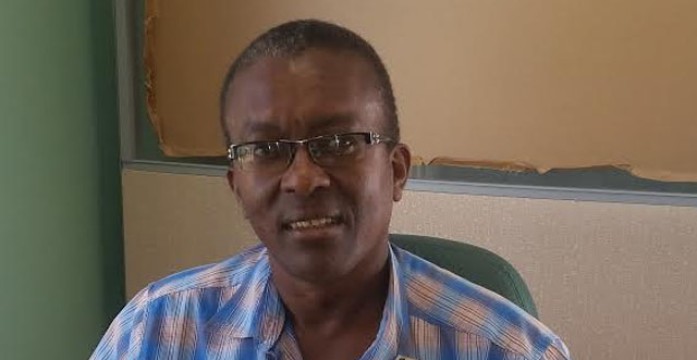Waste characterization will be one of the main focuses for Operations Officer at the Solid Waste Management Corporation (SWMC), Valentine Heyliger as he leaves to Japan on Thursday for a six week training course on sustainable solid waste management in the Caribbean. There are several topics relating to waste management that will be addressed including composting and recycling. But for Mr. Heyliger, while interested in gleaning knowledge on all these areas, he is particularly interested in waste characterization and recycling as he believes these areas are important for waste management in St. Kitts. “I am going to take on waste characterization because most people run away from waste characterization because you have to go through the garbage, you have to sort it out… you are trying to find out what percentage of the garbage is household or municipal waste, what percentage is commercial waste, what percentage is green waste,” Heyliger said. “This would teach me how to better understand waste characterization,” Heyliger said.
For Mr. Heyliger, he expects that the knowledge gained during the training session can be applied to some areas of the SWMC operation. For him, waste characterization is something that should be done at least every five years in the organization as it provides vital information that is useful in the preservation of the St. Kitts environment. He plans to learn as much as possible. “We have to do it, at least every five years…What you are looking at is the percentage of what people consume and dispose so over a period of time you will be able to build a graph and say this is the one that is most disposed of,” he explained. “This might be useful for people in economics when they are planning…the Japanese are probably the best at doing this,” he added.
For the last five years, other SWMC officials have been attending similar courses which are funded by the Japan International Corporation Agency (JICA). He is grateful for the opportunity to improve his knowledge and believes this training is important to the continued progression of the operations of the SWMC. “It empowers you in a sense that you feel more part of the organization that you work for,” he said.

